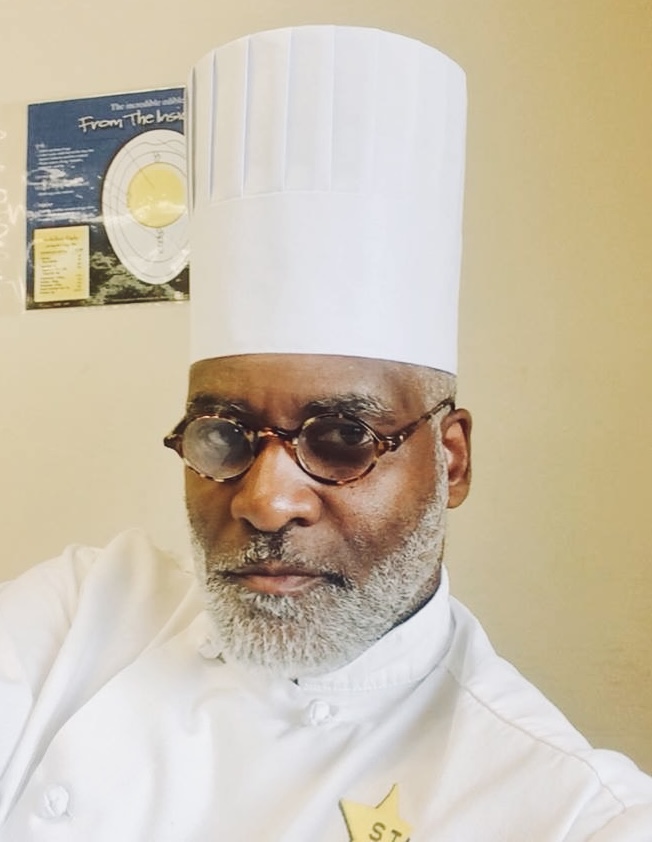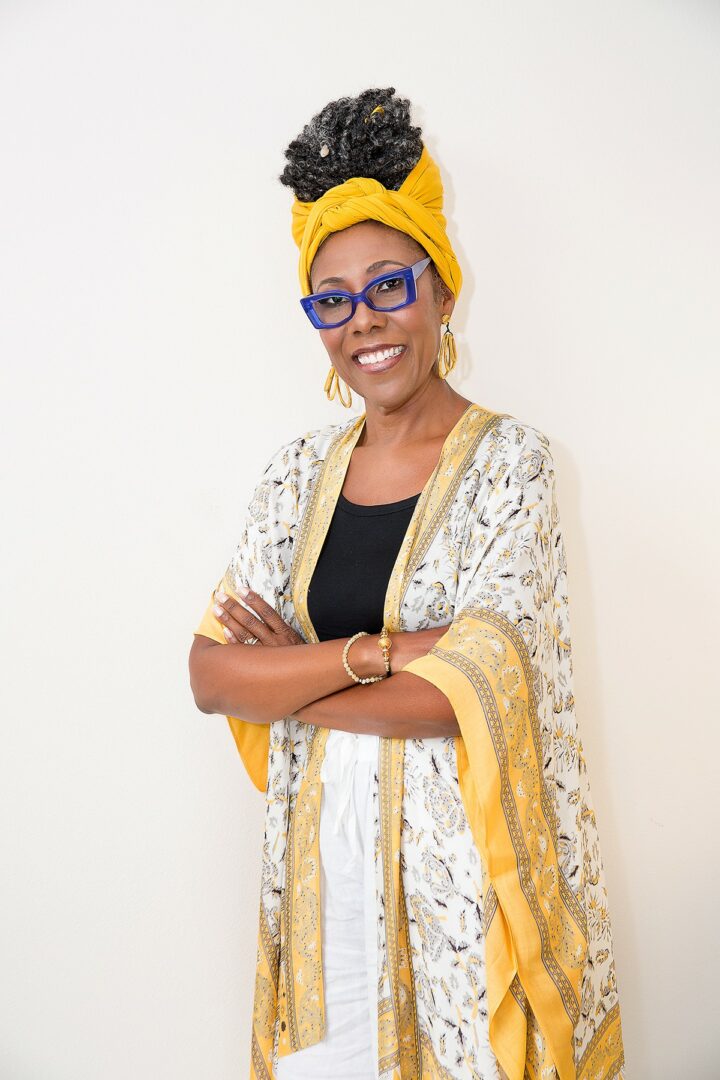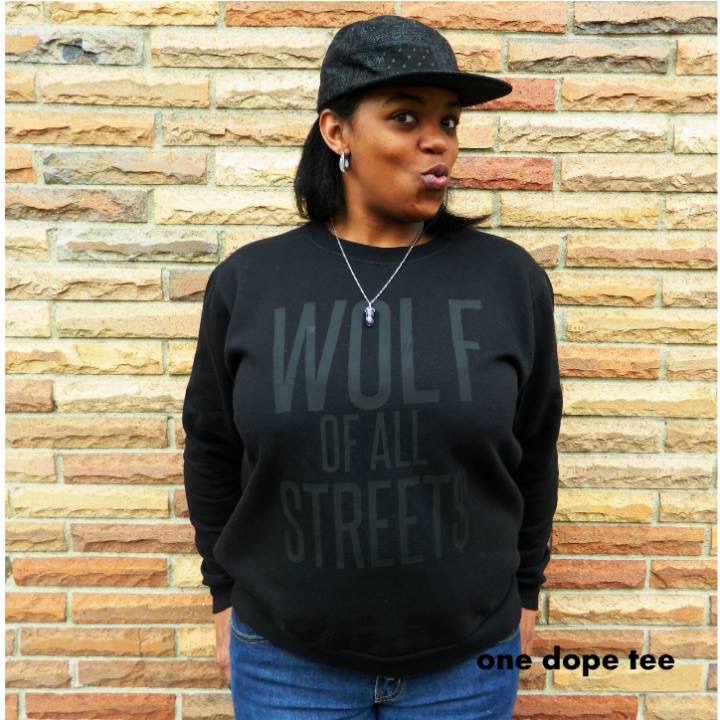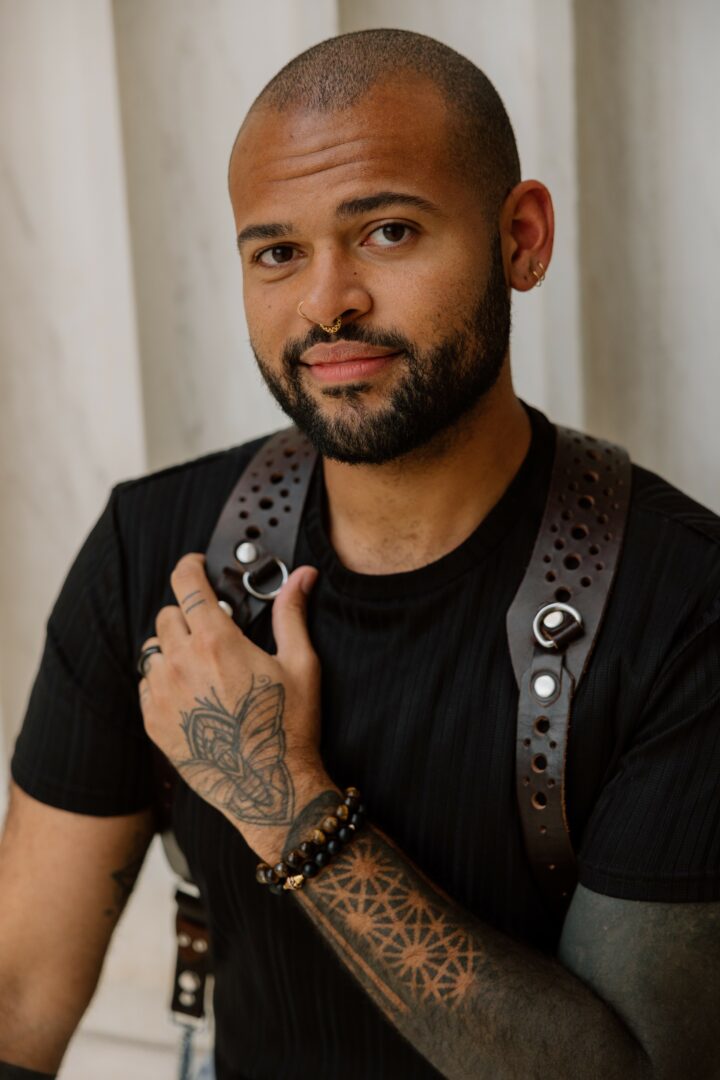Inevitably you will find yourself in a room where no one else is like you. They might not look like you, speak like you, pray or love like you or think like you. Managing to be effective in all contexts is an essential part of your journey towards reaching your full potential and so we asked some brilliant members of the community to share their stories and advice.
Sen Ho

Being the only one in the room who looked like me often made me question if I belonged, especially in art spaces where everyone around me seemed to have a clear and shared vision, often rooted in concept art and video games. I used to chase that path too, believing success meant working for my dream game companies, just like my peers. But over time, I realized that vision wasn’t mine, it was something my younger self clung to because it was the only form of “creative success” I saw modeled. Read More>>
Raymond Childs

Not to look in the mirror and say “I am the only one in the room that looks like me.” As people we tend to forget that we all are human and my color doesn’t define nor hinder me. My skill set and humility speaks for and through me and that comes from patience. In most group pictures that I have taken in restaurants, my years at the Culinary Institute of America in Hyde Park, I was usually the only person of color but my skills set the standards on how one would approach me. Read More>>
Juan Acosta

Being the only one in the room that looks like me? I’ve learned that’s not a weakness, it’s a superpower.
I’ve walked into rooms where no one shared my background, my story, or even my hustle. But I’ve also learned that when you bring value, vision, and consistency, people listen. You don’t need to fit the mold when you’re built to break it.. Read More>>
Tamala Floyd

I found myself in the situation recently as the first Black person and person of color to become a Solo Lead Trainer of Internal Family Systems Therapy. This is significant because this model provides deep healing and people of color need access to this model, particularly from people who share important identifies with them. Read More>>
Navy McKee

I love this question – I’ve learned to turn that difference into my edge.
When I first entered the stormwater industry, I was a 22-year-old young woman without an engineering degree, straight out of a San Diego State sorority. I walked into rooms filled with men who had been doing this work for decades and told them I had a better way to solve their problems. Safe to say, I wasn’t exactly what they expected. Read More>>
Natalie Morrow

Growing up, my mother instilled in me the importance of embracing my identity as a woman of color. She always encouraged me to take pride in who I am and to stand firm in my beliefs. This upbringing fostered a strong sense of confidence within me, whether I was in school or taking on summer jobs. I learned early on that I have something valuable to offer, and that I can make a meaningful impact in any space I occupy. Read More>>
Abigail Goddard

Being the “only one” in the room used to feel intimidating. As a high school junior, female, and half-Asian, I’m building a startup in a world dominated by adults who live completely different lives. I used to walk into meetings and feel like I had to prove my worth. Over time, I’ve realized that being different isn’t a disadvantage—it’s actually what sets me apart. Read More>>
Shima Keshtkar

Honestly, I’ve spent most of my life being the only one in the room who looks like me. I was born and raised in Iran, moved to Turkey as a teenager, and then came to the U.S. a few years ago. Each move meant starting over — new language, new culture, new systems — and each time, I had to figure out how to build a life, a career, and a community from the ground up. Read More>>
Carrington Hinton

As a Black woman who is also a Licensed Esthetician and solo business owner, I’ve learned that being the only one in the room is not a limitation—it’s a strength. Representation in the skincare industry matters, and I take pride in creating a space where my clients feel seen, heard, and understood. Read More>>
Rae Curry

You have to be confident in who you are. Know yourself and trust your instincts and your skills or training. Stand on your principles and believe in what you bring to the table. If they won’t make room for you then go where you are valued and respected. Being someone that often sees trends before the mainstream I face this kind of energy often, unshaken, because I know what I know and no one can take that away from me. If people are shallow enough not to value my opinion or my feedback then that’s the wrong room for me from the jump. Read More>>
Cyra Morrill

Some people have role models ans people they look up to, or want to be like. Some grow up with heros and aspire to be just like them.
I have neither. So I became that person in some form. When working primarily alone, there is no one to level up and help rise you to be better, so you have to be better. You have to level yourself up to be more than you were when you walked through those doors anyway. Read More>>
Aaron Bolds

While pursuing the field of medicine, I’ve oftentimes been the only black man in many rooms. I’ve always used this to my advantage and viewed it as a responsibility to shine and pave the way for others behind me. Throughout this journey, I’ve trained at very prestigious institutions. My goal was always to be the hardest working person in the room. Read More>>
Victor Eduardo Garrido Solis

Even though I’m the only one in my friend group who’s in aviation, I’ve found a lot of value in staying open to learning from everyone around me—regardless of their background or profession. People have so much to share, and I believe there’s always something to learn if you’re willing to listen. That openness has helped me grow and find success, even when I’m the only one in the room who looks like me or shares my experience. Read More>>
Quincy Malik

It has not always been easy being the only one in the room who looks like me. It is something I am still learning how to navigate with each new experience. Over time, I have learned to lead with presence, empathy, and observation. I focus on building real connections and staying grounded in my purpose, even when the room feels unfamiliar. Read More>>










